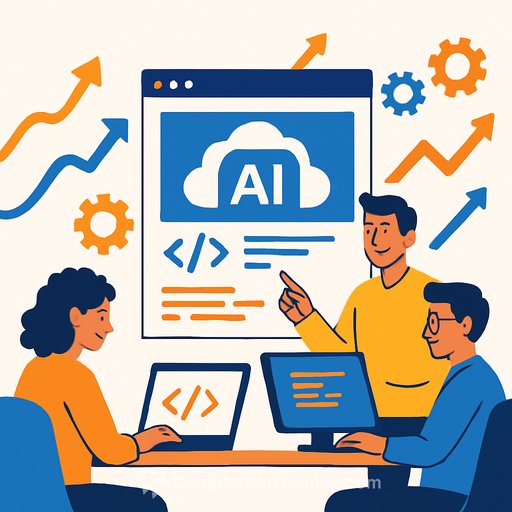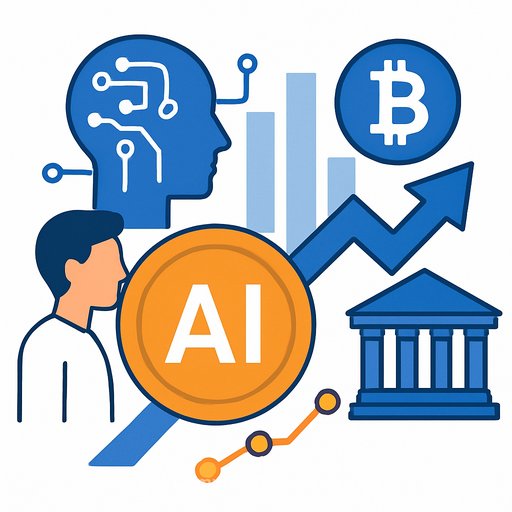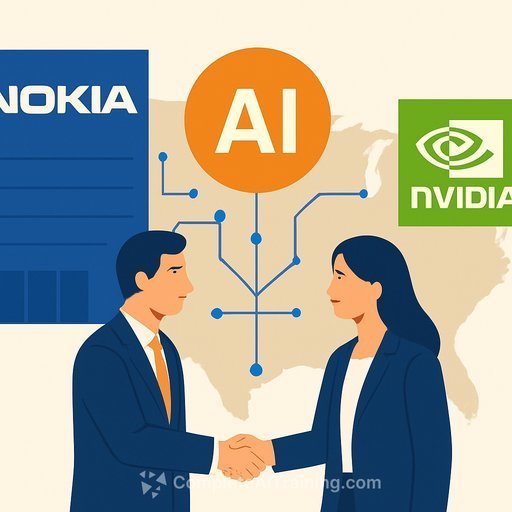2025 State of Engineering Management Report: AI’s Growing Role in Software Development
BOSTON, July 8, 2025 — Jellyfish, a software engineering platform, has released its sixth annual State of Engineering Management report. This edition focuses on how AI coding tools are influencing engineering workflows and organizational priorities.
The report surveys 645 full-time professionals across various engineering roles worldwide, covering companies of all sizes—from small teams to large enterprises. It sheds light on AI adoption, tool preferences, investment strategies, and the broader impact on productivity.
AI Adoption and Trust Have Soared
Nearly 90% of engineering teams now use AI coding tools, a sharp rise from 61% last year. Only 3% of teams have no plans to integrate AI tools into their workflows. This widespread embrace shows a clear shift in how teams approach software development.
AI Is Boosting Developer Velocity and Productivity
Six out of ten respondents report at least a 25% increase in developer velocity and productivity due to AI coding tools. In contrast, fewer than 1% feel that AI is causing delays or inefficiencies.
Code Writing Leads AI Tool Usage
Writing code remains the top use case for AI tools. GitHub Copilot is the preferred choice for 42% of respondents, followed by Google’s Gemini Code Assist, Amazon Q, and Cursor. The focus is clearly on AI helping engineers produce code faster and with fewer errors.
Looking Ahead: A Hybrid Model of Humans and AI
Most engineers expect AI to handle a growing share of software development tasks. Over 80% believe that within five years, at least 25% of the work currently done by humans will be shifted to AI.
Engineering Budgets Are Growing
Investment in engineering remains strong. 61% of respondents reported an increase in their engineering budgets as a percentage of company revenue from 2024 to 2025, while only 17% saw a decrease.
Additional Trends
- There is a split in opinion on how budgets for AI tools should be allocated within organizations.
- 45% of respondents expect an increase in offshoring engineering roles over the next year.
According to Jellyfish’s CEO, integrating AI tools into engineering isn’t just about upgrading software—it’s an organizational shift that demands clear measurement, training, and a cultural commitment.
For developers and engineering managers looking to stay current with AI tools and practices, exploring dedicated courses and certifications can be valuable. Resources like Complete AI Training’s latest AI courses offer practical guidance to enhance skills in AI coding and automation.
Your membership also unlocks:





